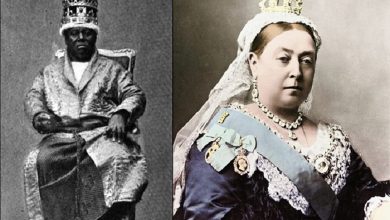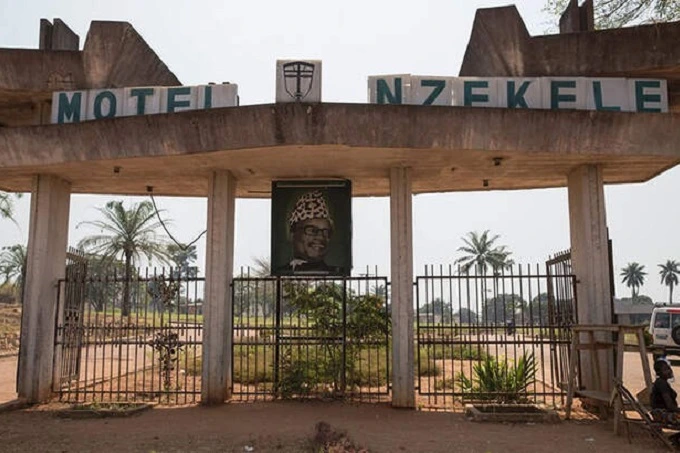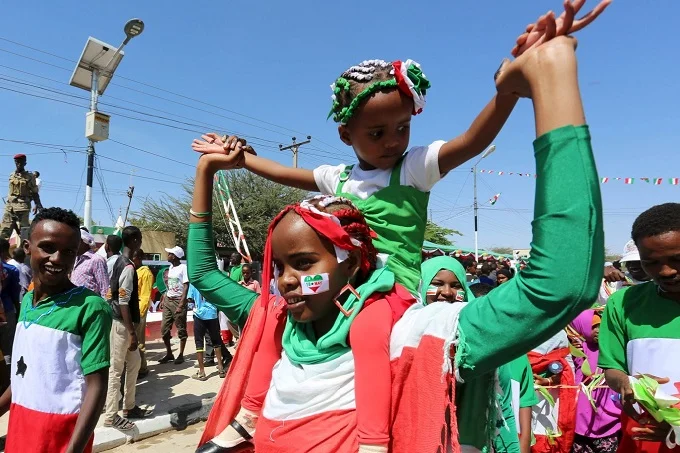Why has Africa lagged behind?

African poverty has not been caused by colonialism, capitalism or free trade. Many of the former colonies of Europe have become rich precisely because they have maintained. And adapted some good colonial institutions and participated in world trade. African poverty preceded the colonization of the continent by Europe and persists today. It is the result of bad policies, most of which were freely chosen by African leaders after independence.
Like Europe, Africa started desperately poor. The late Professor Angus Maddison of the University of Groningen estimated that at the beginning of the Common Era the average per capita income in Africa was $470 a year (in 1990 dollars).
The world average was about equal to that of Africa. Western Europe and North Africa, which were part of the Roman Empire, were slightly better off ($600). In contrast, North America lagged behind Africa ($400). On the whole, the world was both very poor and not very unequal.
Industrial Revolution
The origins of global inequalities, which have seen Western Europe and later North America overtake the rest of the world. Can be attributed to the rise of city-states in northern Italy in the 14th century. And in the Renaissance in the 15th century. In 1500, the average European was about twice as rich as an average African. But the real gap in living standards only widened after the industrial revolution that began in England. In the late eighteenth century and spread to Europe and North America in the nineteenth century.
In 1870, when Europeans controlled no more than 10% of the African continent (mainly North Africa and South Africa). Western European incomes were already four times higher than those of the West Africa. In other words, Europe did not need Africa to be rich. Europe colonized Africa because Europe was just prosperous and therefore more powerful. Here the analysis of the chronology of events does not mean either justify or defend colonialism; but it helps us to explain this phenomenon.
The impact of colonization
The fortunes of Africa under colonial rule have varied. Much progress has been made in terms of health and education. Maddison estimates that by 1870 there were 91 million Africans. In the sixties, period of independence, the African population has more than tripled to 285 million. The OECD estimates that over the same period, the share of the African educated population has increased from less than 5% to more than 20%.
On the other hand, Europeans have treated Africans with contempt and subjected them to slavery, discrimination and violence. This violence intensified during the struggle for African independence, as colonial powers tried to repel African nationalists. Consequently, African leaders took control of countries where the crackdown on political dissent was already firmly established. Instead of repealing the laws on censorship and arbitrary detention. African leaders have kept and developed them.
Soviet temptation
It was precisely because colonial domination was so degrading on the psychological level towards Africans in general. And nationalist leaders in particular. That post-independence African governments were so determined to eliminate many colonial institutions. Since the rule of law, responsible government, property rights and free trade were European transplants, they had to be abandoned.
At the same time, many African leaders chose to emulate the institutions. And economic policies of a rising power that represented the exact opposite of the free Western market. And liberal democracy, namely the Soviet Union.
Imitating the USSR in the 1960s was not totally irrational. During the 1930s, the country experienced rapid industrialization, transforming a peasant nation into a formidable power. Industrialization cost the lives of some 20 million people. But it allowed the USSR to triumph over Hitler’s Germany (at the cost of 27 million additional lives). In the early 1960s, the country produced not only massive amounts of steel and weapons. But also seemed ready to win the scientific race against the West. When Yuri Gagarin became the first man to land in the space on April 12, 1961.
Economy
The waste and the astonishing delay of the Soviet economy did not appear until the 1970s. At that time, unfortunately, the socialist virus infected a large part of Africa. Which adopted a one-party government, which has destroyed accountability and the rule of law. Flouted property rights and consequently growth. Price and wage controls were imposed and free trade gave way to import substitution and autarky.
Africa’s love affair with socialism lasted until the 1990s when finally, Africa began to re-enter the global economy. Trade relations with the rest of the world have been somewhat liberalized. And African countries have begun to deregulate their economies. Thus, climbing the ladder in the World Bank’s Doing Business report, measuring the quality of the business climate. That said, even today, Africa remains the least economically free and most protectionist continent in the world. It is there – and not in free trade – that the problem lies.




